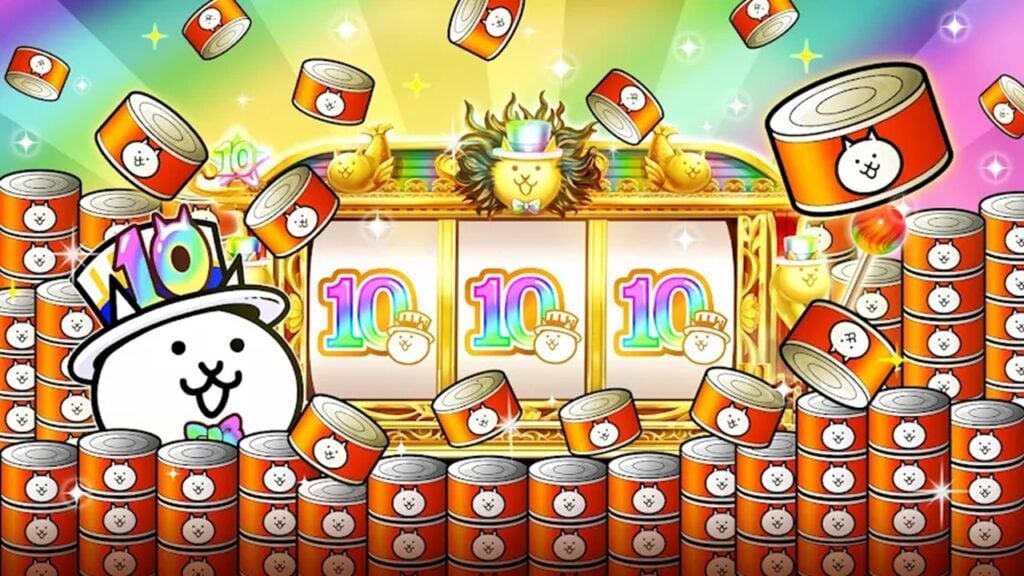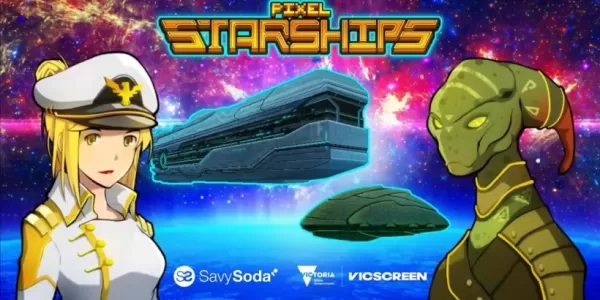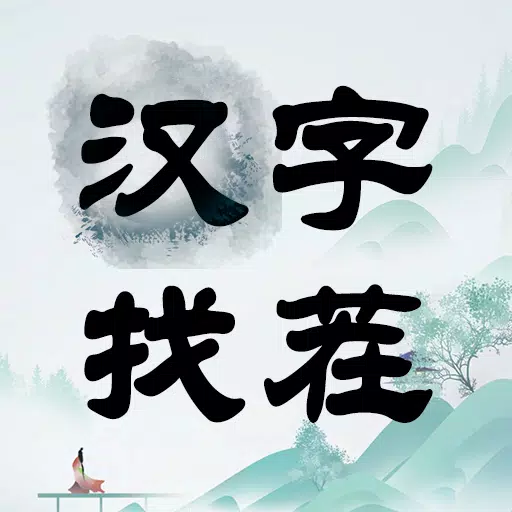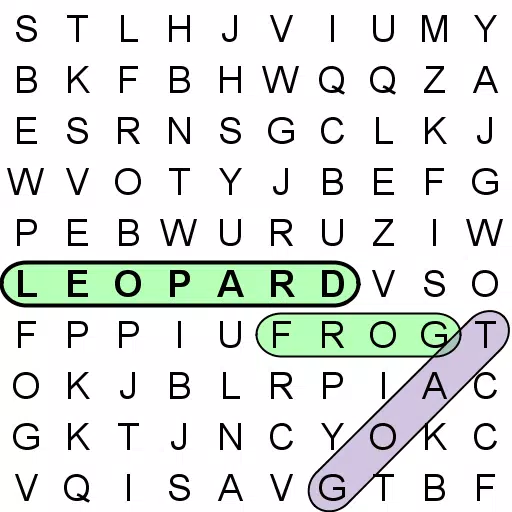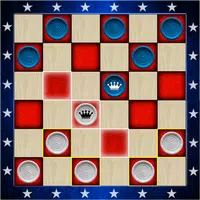"Kojima's 'Forgetting Game': Play or Lose Abilities"
Hideo Kojima's Japanese radio podcast, KOJI10, continues to offer fascinating glimpses into the mind behind iconic games like Metal Gear Solid and Death Stranding. In the latest episode, Episode 17, Kojima delves into the innovative use of real-life time mechanics in video games. He not only reflects on time-based features from his previous titles but also shares untapped concepts, including one that was initially considered for Death Stranding 2: On The Beach.
Kojima has a history of integrating players' console or PC system clocks into gameplay. He cites two examples from Metal Gear Solid 3: Snake Eater (2004) on the PS2. To enhance the survival experience, the game made food spoil after a few days in real time. Consuming spoiled food could cause Snake to become severely ill, or players could strategically use it as a weapon against enemies by throwing it at them.
Death Stranding 2 Cast

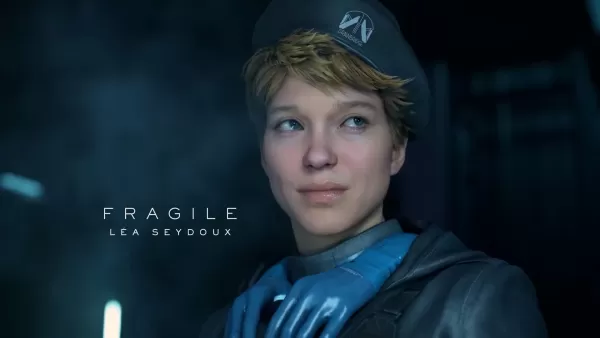 View 14 Images
View 14 Images
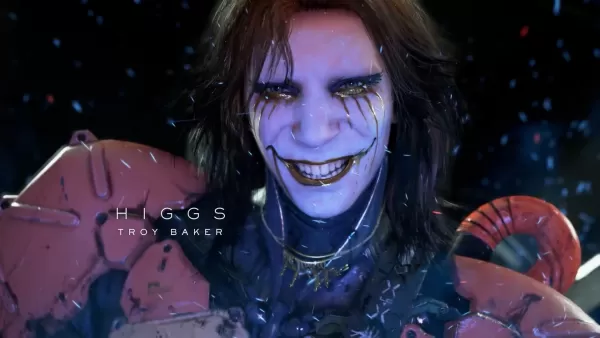
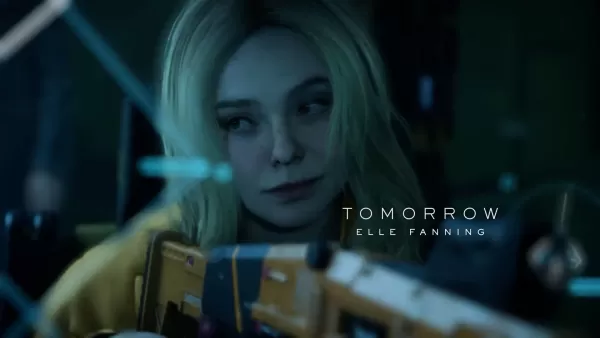
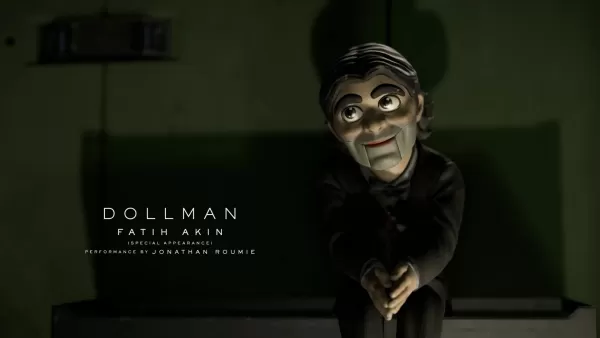
Another clever use of the system clock was seen in MGS3's battle against the elderly sniper, The End. Kojima notes, "Although he is a really tough boss, if the player waits a week, The End will die of old age." Players who save during this battle and return after a week will find The End has succumbed to time, allowing for a unique gameplay experience.
Kojima also revealed a scrapped idea for Death Stranding 2, where Sam's beard would grow over time, requiring players to shave it. "Originally in Death Stranding 2, I was going to have Sam's beard gradually grow out over time, and the player would have to shave it. If they didn't, Sam would end up looking unkempt," he shared. However, due to Norman Reedus's star status, Kojima decided against making him appear less than perfect. Still, he hints at possibly implementing this feature in future projects.
During the podcast, Kojima introduced three game concepts centered around real-life time mechanics. The first is a life simulation where players begin as a child and age into an adult, confronting various enemies along the way. "It starts out with the player being born, you're a child and then gradually over time you become an adult. In the game, you fight various enemies. Like with the previous example (MGS3's The End), if you keep playing the game, you will become a 70 or 80 year old man. However, at this age you will be weaker, your eyesight will worsen. When you are a teenager you'll be able to run faster but by the time you reach 60 you'll slow down a bit," he explained. While acknowledging that physical prowess diminishes with age, older characters gain wisdom and experience, impacting strategic gameplay. Despite his doubts about its marketability, the podcast guests expressed enthusiasm for such a unique "Kojima-like game."
Another concept involves a game where players nurture something that matures over time, like wine or cheese. This would encourage consistent, long-term play, suitable for a background or idle game.
Contrastingly, Kojima's "forgetting game" concept requires rapid playthroughs. Here, the protagonist progressively forgets crucial information and skills if the player takes breaks. "If you don't play every day, the main character will gradually forget things such as how to fire their gun or what their job is," Kojima said, adding that this forgetfulness could eventually immobilize the character. He jokingly suggested that players might need to take time off work or school to keep up with the game.
As fans eagerly await the release of Death Stranding 2 on June 26, many will be planning their time off. For more insights into the upcoming game, don't miss our interview with Kojima and our impressions after playing through the first 30 hours.
-
1
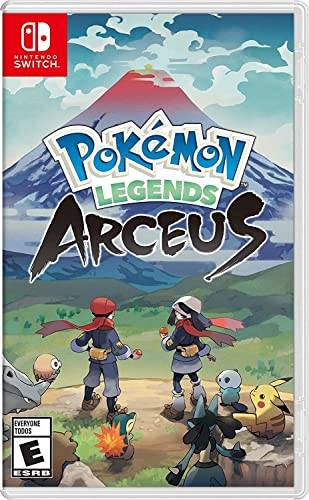
Every Pokémon Game on the Nintendo Switch in 2025
Feb 25,2025
-
2

Roblox: Trucking Empire Codes (January 2025)
Mar 05,2025
-
3
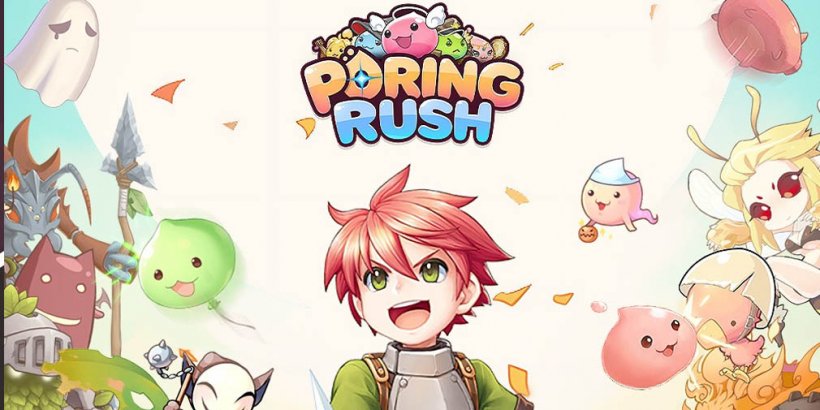
Poring Rush, the casual battling spin-off from hit MMORPG Ragnarok Online, is out now
Dec 30,2024
-
4
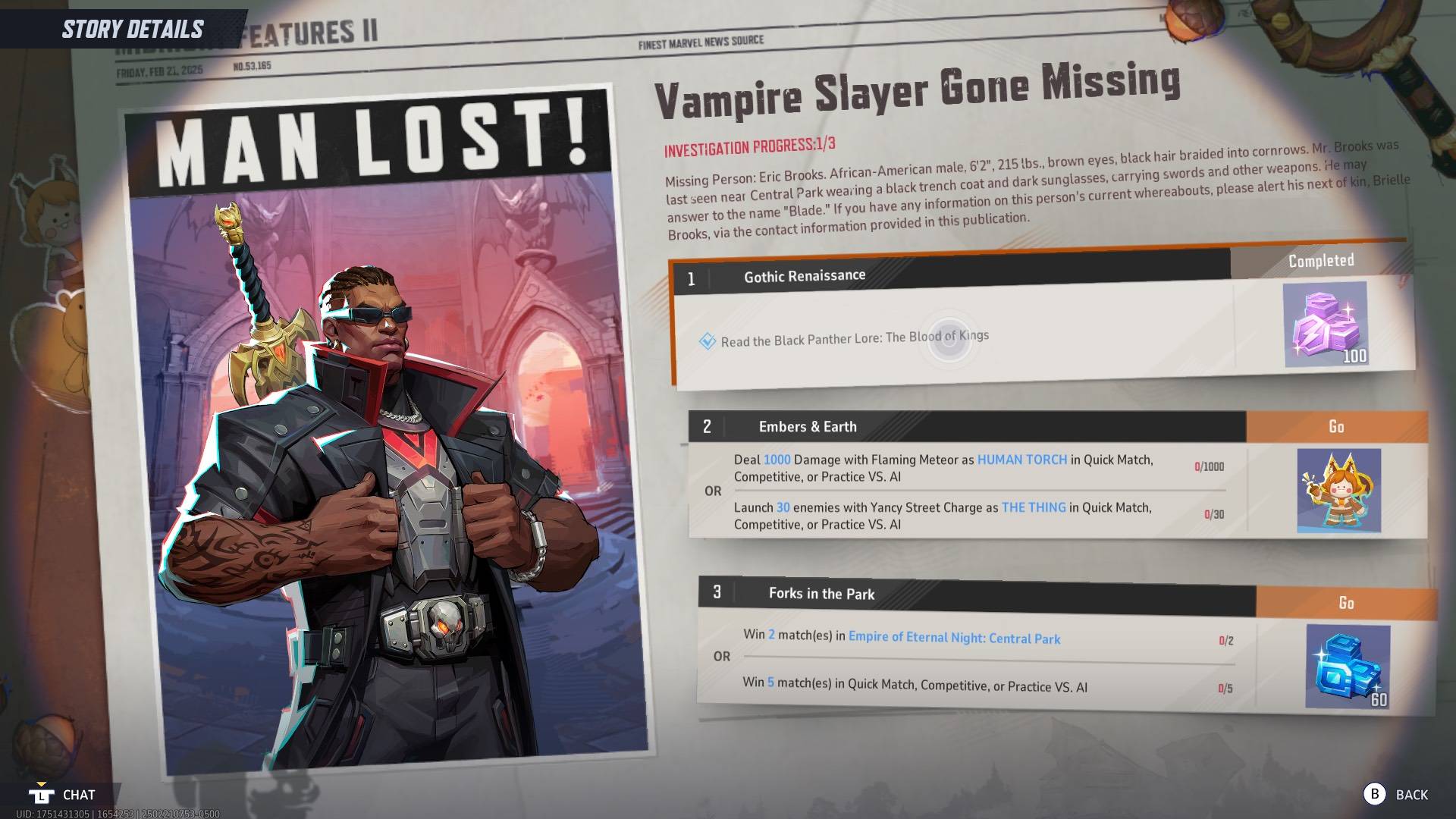
How To Read Black Panther Lore: The Blood of Kings in Marvel Rivals
Mar 01,2025
-
5
![Anime Vanguards Tier List – Best Units For Each Gamemode [UPDATE 3.0]](https://images.gzztb.com/uploads/35/17376012656791b0f12fa1c.jpg)
Anime Vanguards Tier List – Best Units For Each Gamemode [UPDATE 3.0]
Feb 27,2025
-
6
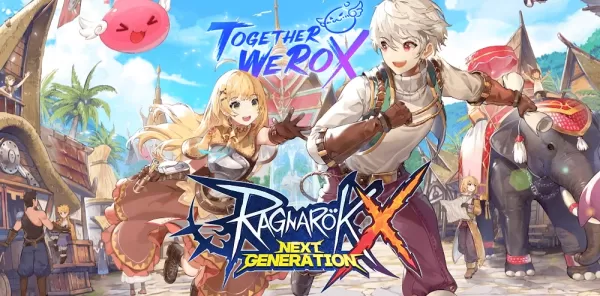
Ragnarok X: Next Gen - Complete Enchantment Guide
May 25,2025
-
7

Nvidia RTX 5090 Specs Leak: Rumor Confirmed?
Mar 14,2025
-
8
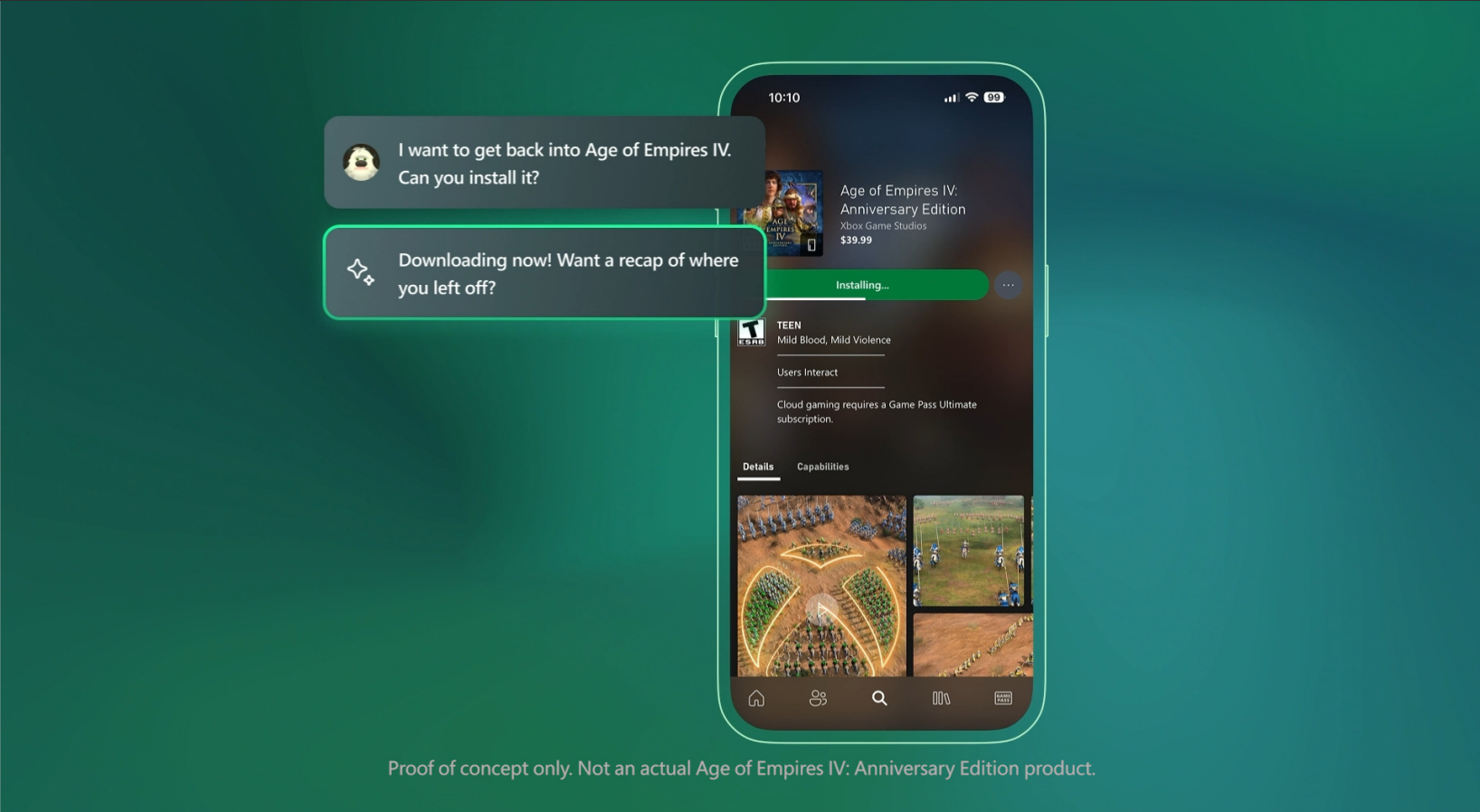
Microsoft to Integrate Copilot AI into Xbox App and Games
May 21,2025
-
9
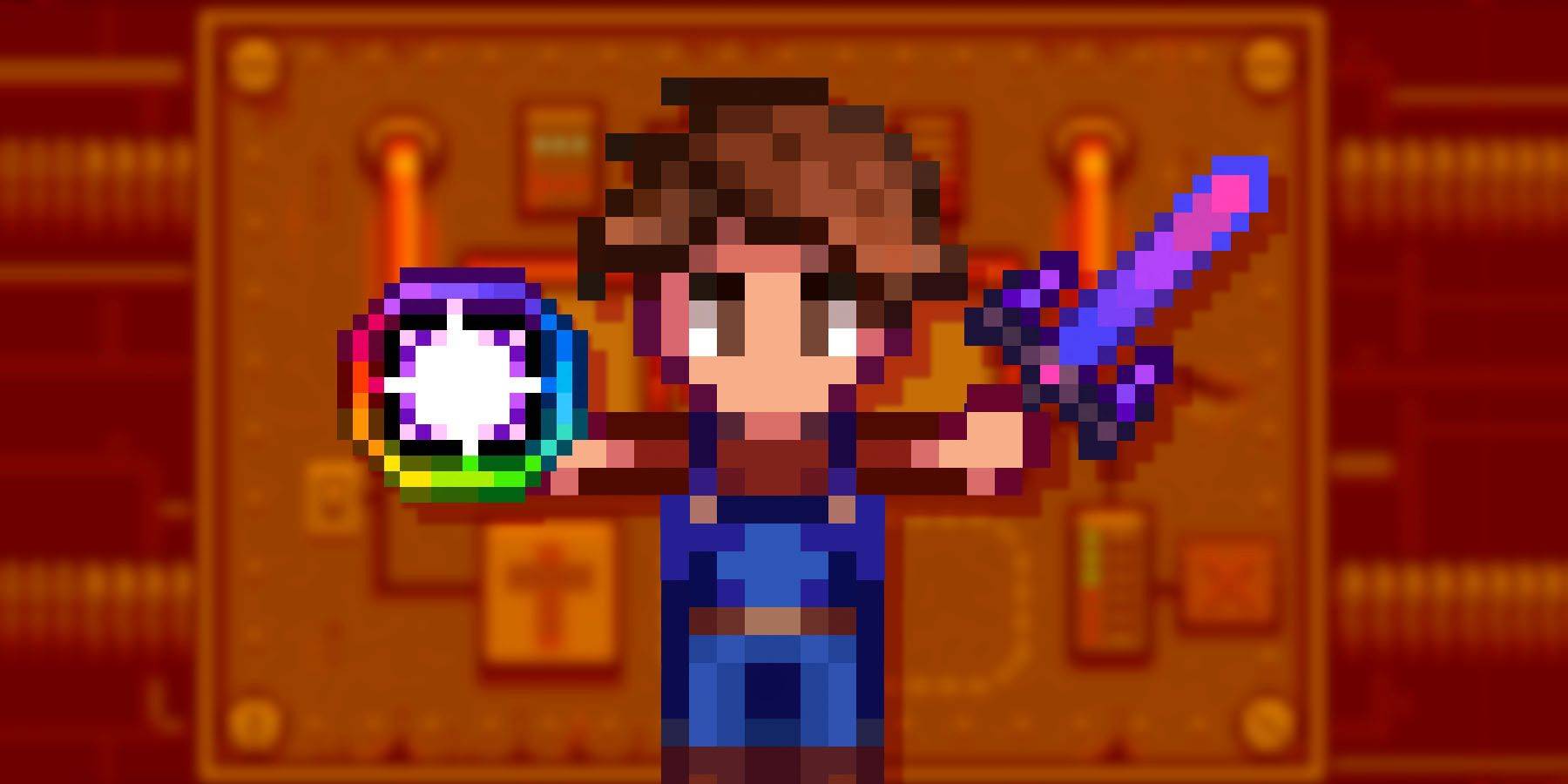
Stardew Valley: A Complete Guide To Enchantments & Weapon Forging
Mar 17,2025
-
10
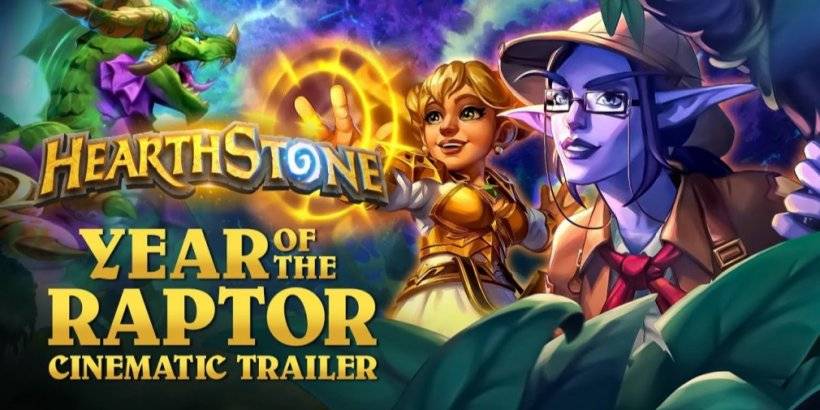
Hearthstone has kicked off the Year of the Raptor with a myriad of new content
Mar 16,2025
-
Download

The Golden Boy
Casual / 229.00M
Update: Dec 17,2024
-
Download

Niramare Quest
Casual / 626.43M
Update: Feb 21,2023
-
Download
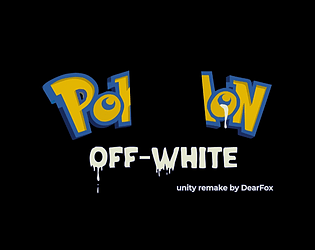
POW
Casual / 38.00M
Update: Dec 19,2024
-
4
Mother's Lesson : Mitsuko
-
5
Gamer Struggles
-
6
Poly Pantheon Chapter One V 1.2
-
7
How To Raise A Happy Neet
-
8
Dictator – Rule the World
-
9
Strobe
-
10
Livetopia: Party

